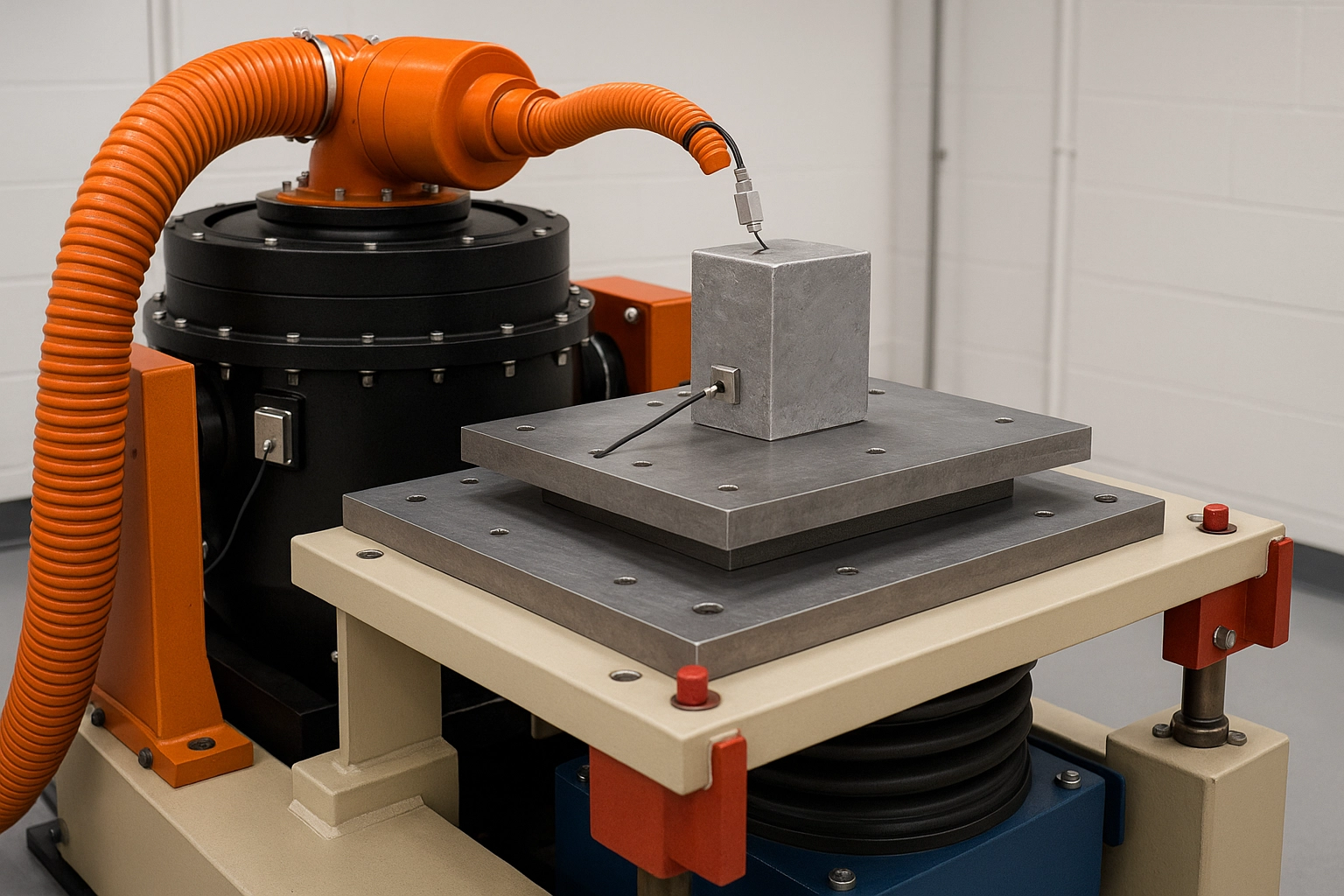ISO 20908 Mechanical Shock Testing for Road Vehicle Safety Systems
The ISO 20908 standard is a critical component in ensuring road vehicle safety, particularly focusing on the resilience of safety systems to mechanical shock. This test evaluates how well components like seatbelts, airbags, and other restraint systems withstand sudden impacts that could occur during accidents or harsh driving conditions.
The process involves subjecting the specimen (typically the entire vehicle or parts thereof) to controlled mechanical shocks using specialized equipment designed to replicate real-world scenarios. The aim is to assess not only the immediate structural integrity but also the performance over time, ensuring long-term reliability and safety.
Understanding the context of automotive safety systems in this testing process is essential. Seatbelts and airbags are lifelines during accidents; therefore, their ability to function correctly under extreme mechanical shocks can mean the difference between life and death. This standard ensures that these components meet stringent requirements set by international bodies like ISO.
Real-world usage notes highlight the importance of this testing in various stages of vehicle development and manufacturing. Manufacturers must adhere strictly to these standards, which are periodically updated based on advancements in technology and safety research. By doing so, they ensure their products comply with global regulations aimed at enhancing road safety.
| Applied Standards |
|---|
| - ISO 20908:2015 - Mechanical shock testing for road vehicle safety systems |
| - ISO 7649:2013 - General requirements and methods for the determination of dynamic properties of materials and components under mechanical shock loading |
Why It Matters
The significance of ISO 20908 testing extends beyond mere compliance; it plays a pivotal role in protecting lives by enhancing the reliability and performance of safety systems. Vehicle occupants rely heavily on these components during sudden impacts, making their robustness crucial.
- Ensures consistent performance across different vehicle models
- Promotes uniformity among manufacturers
- Supports continuous improvement through rigorous testing protocols
The results of this testing are instrumental in guiding design improvements and material selection processes. By identifying potential weaknesses early, engineers can address them proactively, reducing the risk of failures during critical moments.
In essence, ISO 20908 is a cornerstone for automotive safety initiatives worldwide, reflecting a commitment to innovation and excellence in product development.
Applied Standards
| Applied Standards |
|---|
| - ISO 20908:2015 - Mechanical shock testing for road vehicle safety systems |
| - ISO 7649:2013 - General requirements and methods for the determination of dynamic properties of materials and components under mechanical shock loading |
The application of these standards ensures that tests conducted are standardized, reproducible, and aligned with global best practices. This standardization is vital in maintaining consistency across various testing facilities worldwide.
Benefits
- Promotes uniformity among manufacturers
- Ensures consistent performance of safety systems
- Serves as a guideline for continuous improvement and innovation
- Enhances public trust in automotive safety measures
The benefits are manifold, ranging from improved product quality to enhanced public confidence. By adhering to these standards, manufacturers can achieve higher levels of reliability and performance, ultimately contributing to safer roads.





